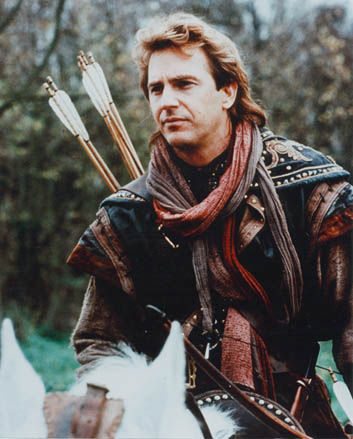
Introduction
Starring Kevin Costner, Morgan Freeman, Christian Slater,
Alan Rickman and Mary Elizabeth Mastrantonio
Story by Pen Densham; screenplay by Pen Densham and John Watson
Directed by Kevin Reynolds
(Morgan Creek Productions and Warner Bros., 1991)
Over the years, I've been taken to task for not having more on my site about Kevin Costner's Robin Hood. Well, for all those who wanted me to do a Spotlight on that film, here you go. Just be careful what you wish for.
It was the summer of 1991, and my favourite outlaw hero was scheduled to be the star of one of that summer's biggest blockbusters. For years I have loved and studied the legend. A month before Prince of Thieves was released, a superb (and unjustly ignored) Robin Hood TV movie starring Patrick Bergin was shown on Fox. While I had not seen Dances with Wolves, the film had great critical buzz and Kevin Costner was at the height of his popularity. A couple of nights before the premiere, CBS aired "Robin Hood -- The Myth, The Man and the Movie", a special which combined the usual "making of" hype-fest with a reasonably competent documentary about the legend. The special made the upcoming film look great. So, when I entered the theatre on opening day, June 13, 1991, I was excited! I left very disappointed.
Here's why.
(P.S.: Stick around to the end where I now recant some of my harsher opinions.)
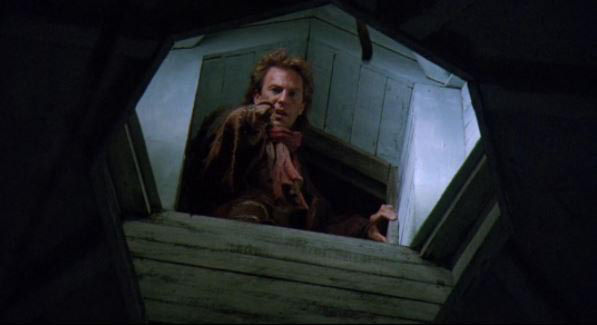
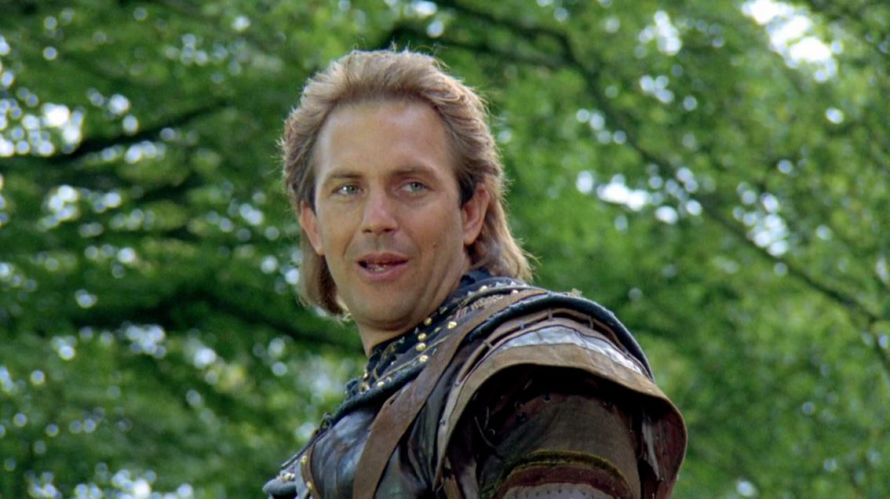
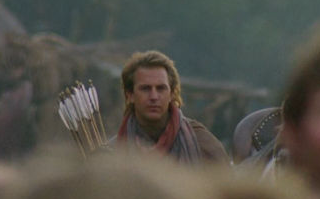
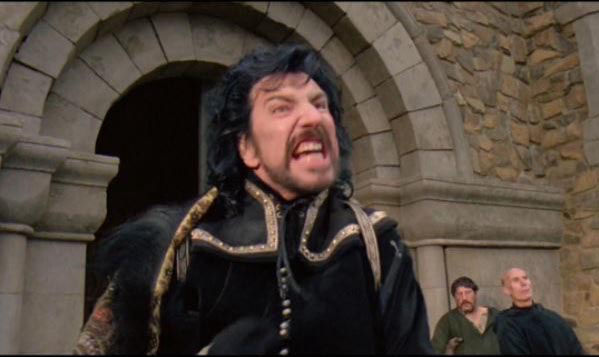
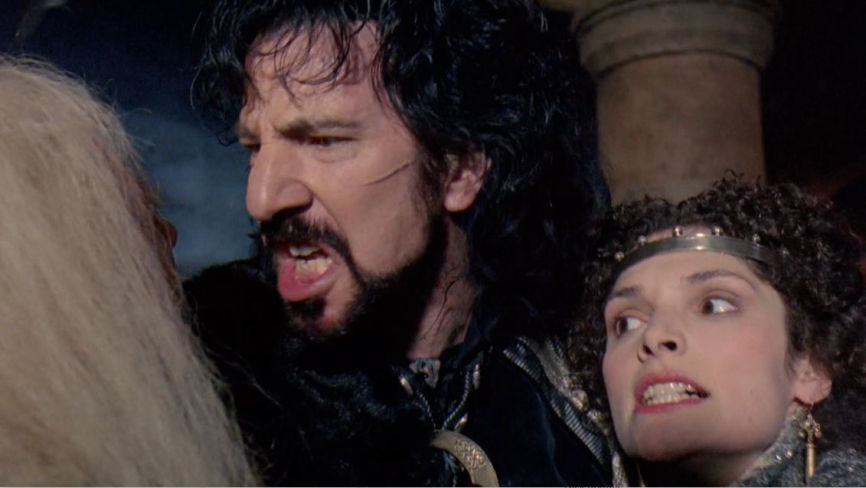
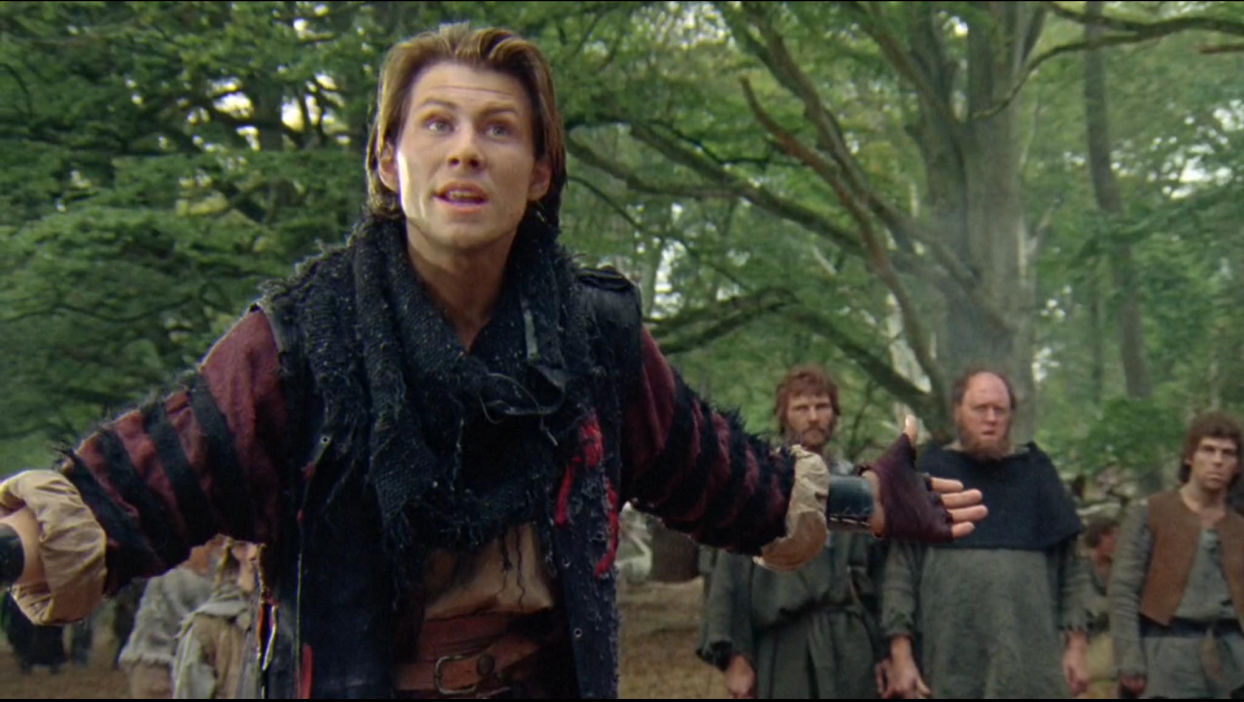
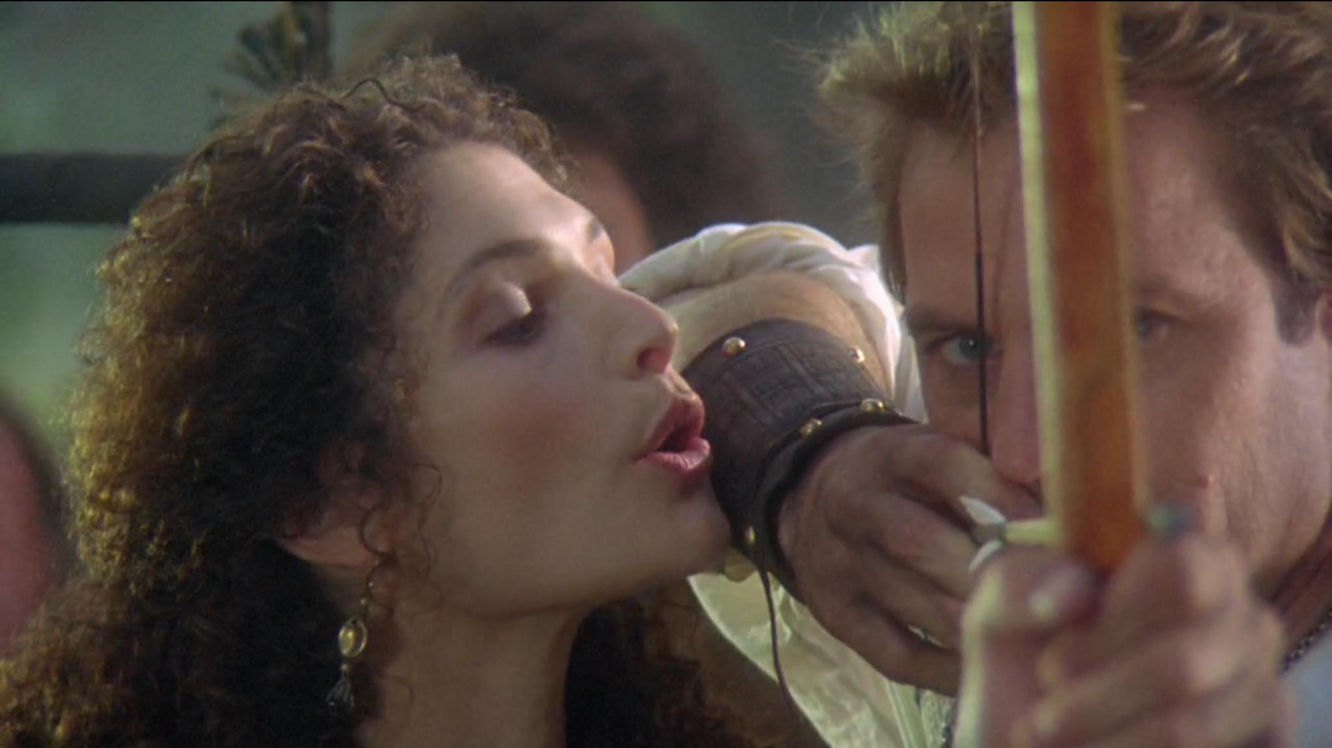
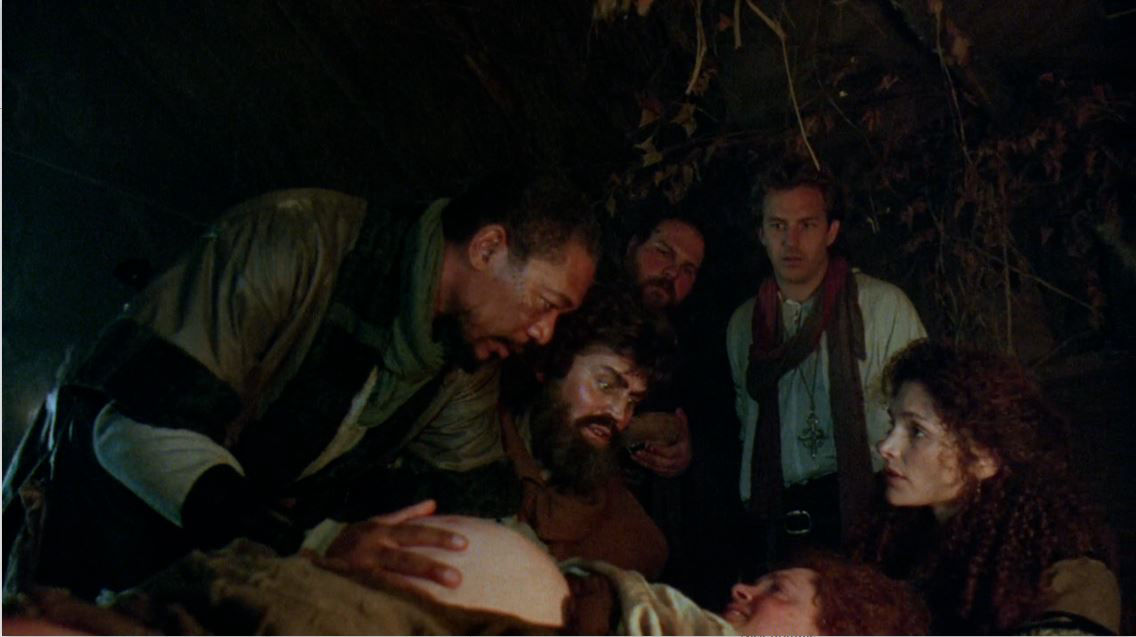
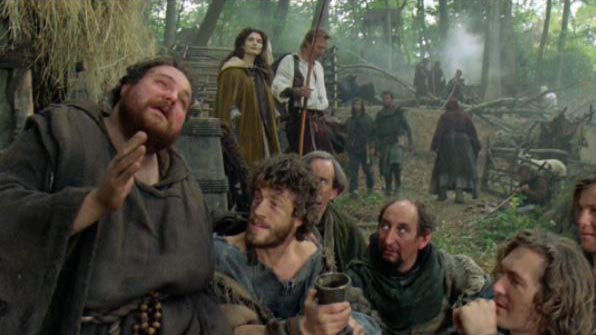
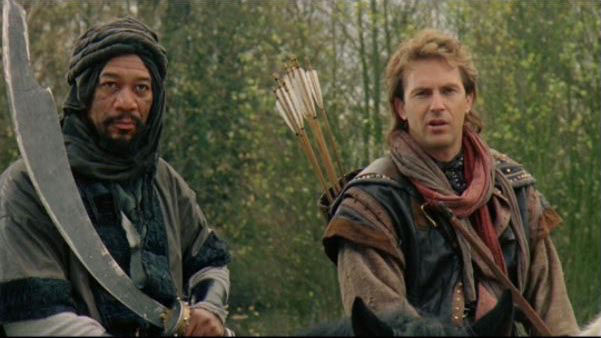
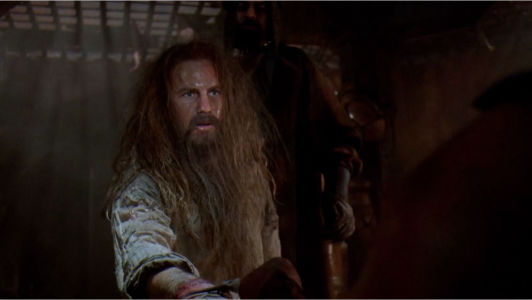
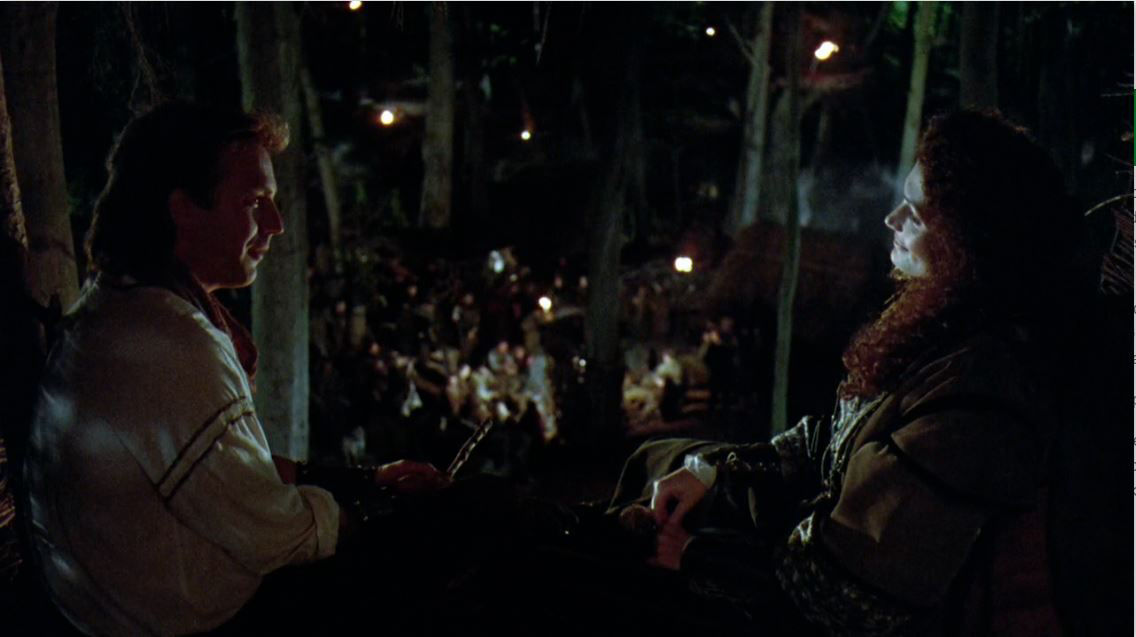
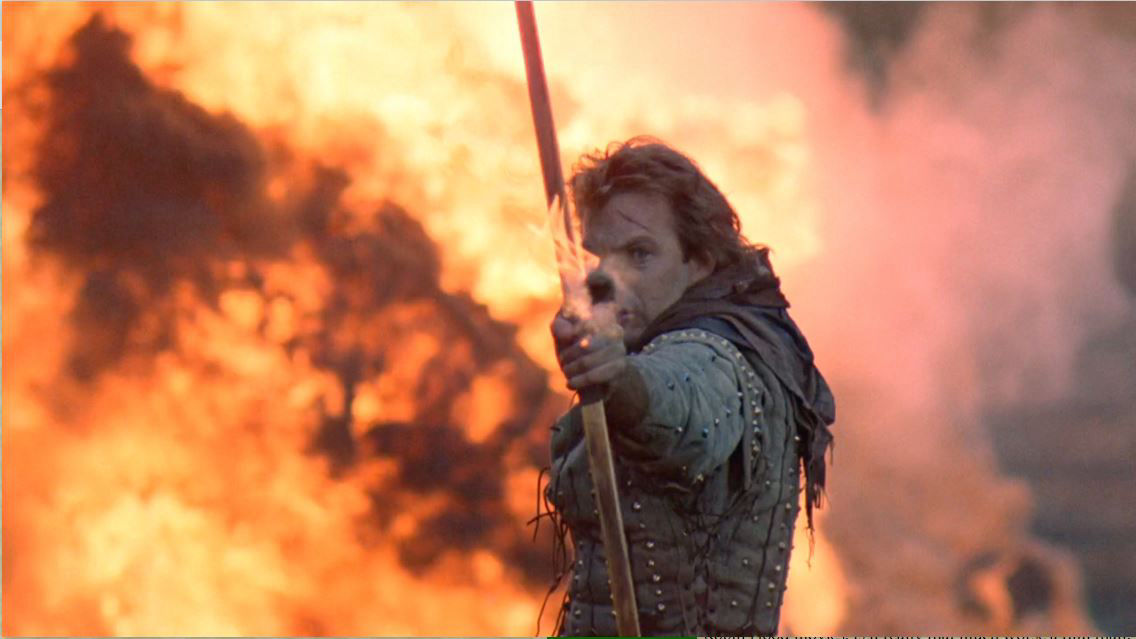

Contact Us